
SoBanHang is Vietnam’s leading B2B business app, which enables more than 500,000 merchants to manage sales, inventory, and digital finances on their smartphones. The app collectively processes approximately USD 2.5 billion in annual transactions. The institution acknowledged the lack of robust credit scoring models for its merchant base. It sought to develop a data-informed, predictive framework to assess credit risk and improve portfolio quality.
MSC collaborated with SoBanHang to create a sophisticated ML-driven credit scoring system customized for micromerchants. The project included rigorous model validation methods, such as, careful tuning, cross-validation, and real-world testing, to ensure predictive reliability. MSC also designed a merchant self-assessment tool to support financial inclusion and transparency. This tool enabled entrepreneurs to gauge their creditworthiness firsthand. Field pilots with merchants helped refine usability and effectiveness.
This work significantly enhanced SoBanHang’s risk assessment capabilities, enabled more confident lending decisions, and increased transparency for merchants. The introduction of the self-assessment tool also promoted greater financial awareness among users. This catalyzed a stronger and more inclusive digital lending ecosystem in Vietnam.
SoBanHang commissioned this project
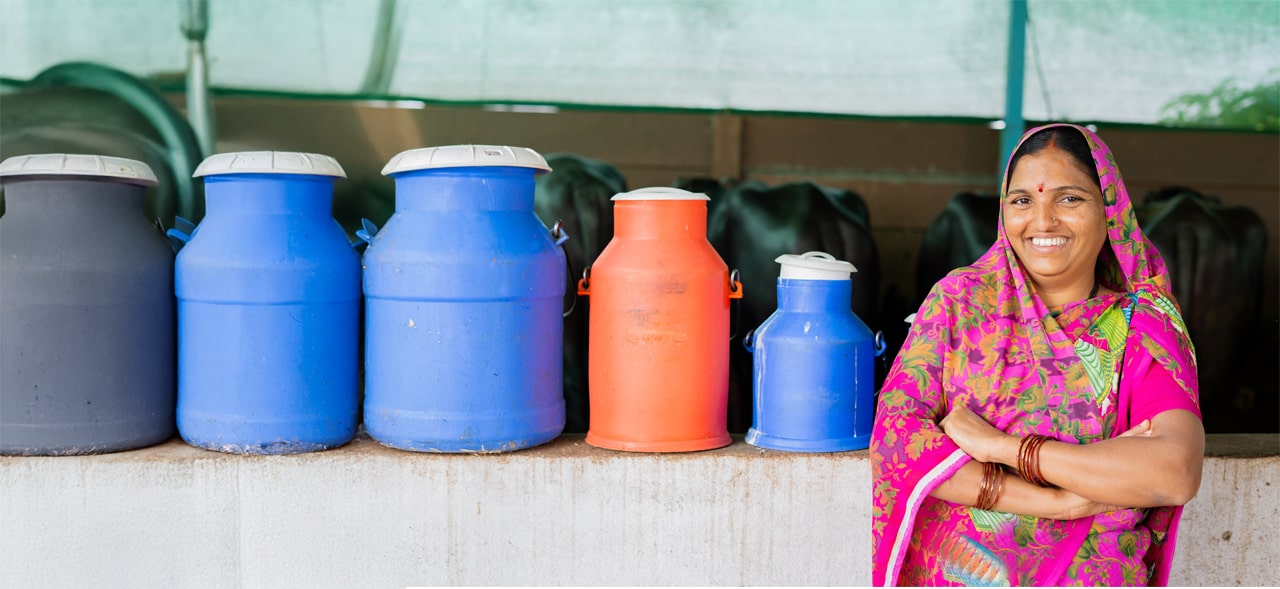
Frontier Markets operates an extensive rural distribution network powered by women microentrepreneurs known as Sahelis. They deliver essential products and services to more than 4.3 million rural customers across 5,000+ villages, and operate through 35,000 digitized outlets. Despite this impressive reach, variability in agent performance and limited targeting of high-potential customers posed significant risks to impact and efficiency.
MSC partnered with Frontier Markets to address these interconnected challenges. We deployed a dual-strategy solution that blended AI-driven profiling with predictive customer segmentation. We applied machine learning methods to the performance data of Sahelis. This data included sales, engagement, and demographics to identify early indicators of success and integrate a profiling model into recruitment and retention workflows. We also developed customer segmentation tools based on unsupervised clustering and supervised classification. These tools enabled Frontier Markets to predict customer lifetime value from early behavior patterns and adapt outreach accordingly.
The results were remarkable. Frontier Markets focused on agents most likely to succeed and prioritized high-value customers through personalized engagement. This approach reinforced agent retention, improved service relevance, and optimized marketing and onboarding efforts. It amplified reach, promoted reliability, and reinforced operational sustainability and rural impact.
JPMorgan Chase commissioned the project.
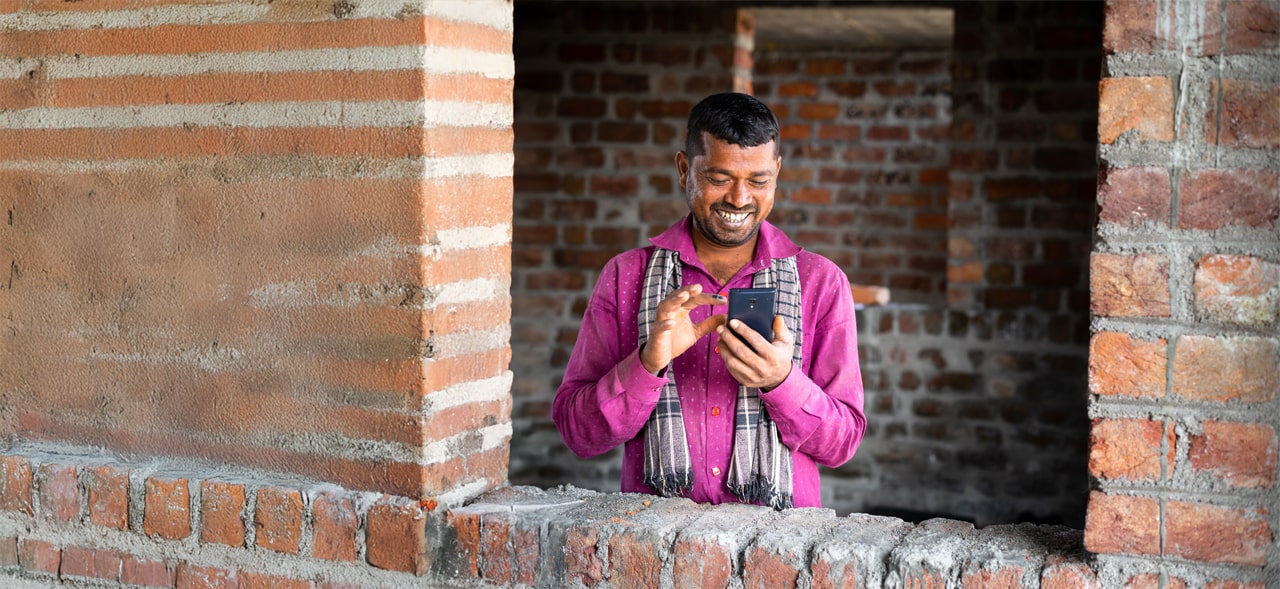
Millions of blue-collar workers in India lack formal credit histories. This creates a challenge for financial institutions when they attempt to assess creditworthiness and offer suitable products. Entitled is a digital platform that offers financial services to more than 34 million blue-collar workers across India. It partnered with MSC to extract meaningful financial insights from unstructured mobile data and bridge this gap.
MSC applied natural language processing (NLP) and text mining techniques to analyze mobile SMS data, such as banking alerts and spending notifications. This allowed our experts to identify key financial behaviors, which included income patterns, savings activity, and repayment history. We used the insights to create structured customer profiles. The profiles enabled Entitled to design more relevant financial products for its users. MSC also developed a user-friendly dashboard to help Entitled scale this approach, monitor user behavior, and continuously refine service delivery.
Entitled used the project to serve low-income and thin-file customers better. It turned behavioral data into actionable financial intelligence and improved access to savings and credit solutions for a traditionally underserved segment. This approach offered a path to responsible financial inclusion for users without formal banking histories. It also aligned products with the actual financial capacity and habits of these users.
JPMorgan Chase commissioned the project.
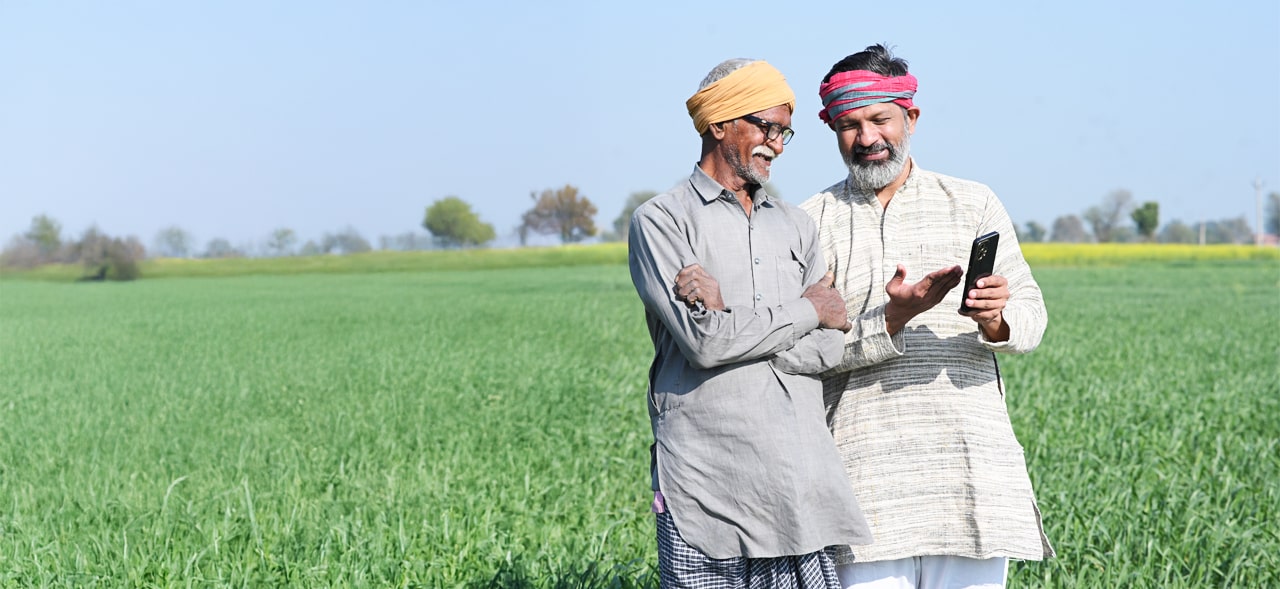
MSC supported the Airtel Payments Bank (APB) to expand its banking agent network across the underserved regions of Uttar Pradesh and Bihar. Rural India remains costly and difficult to serve, despite ambitious financial inclusion efforts. Rural areas have sparse infrastructure and limited presence of formal banking outlets, which limits access to cash-in/cash-out (CICO) services and prevents the adoption of digital finance. Digital platforms, such as APB, rely heavily on banking agents to bridge this gap. However, when agents are located far away from access points, essential financial services remain outside the reach of underserved communities. MSC’s geospatial intervention targeted this gap head-on.
MSC conducted geospatial analysis to map APB’s current agent distribution and identify service gaps. We developed a location intelligence framework that combined key indicators, such as population density, financial access metrics, and travel distance to banking points. These indicators helped us pinpoint high-priority underserved areas and enabled APB to strategically deploy agents, which eliminated redundancy and ensured optimal coverage.
The targeted approach improved service availability in previously unserved areas, reduced customer travel time, and enhanced community engagement with digital banking. As agents were onboarded in high-need zones, trust in formal financial services increased. APB now operates in more than 500,000 banking points nationwide and has positioned agents in underserved regions, which contributes directly to inclusion goals. The initiative led to more inclusive outcomes and efficient expansion of the agent network.
The Airtel Payments Bank commissioned the project.
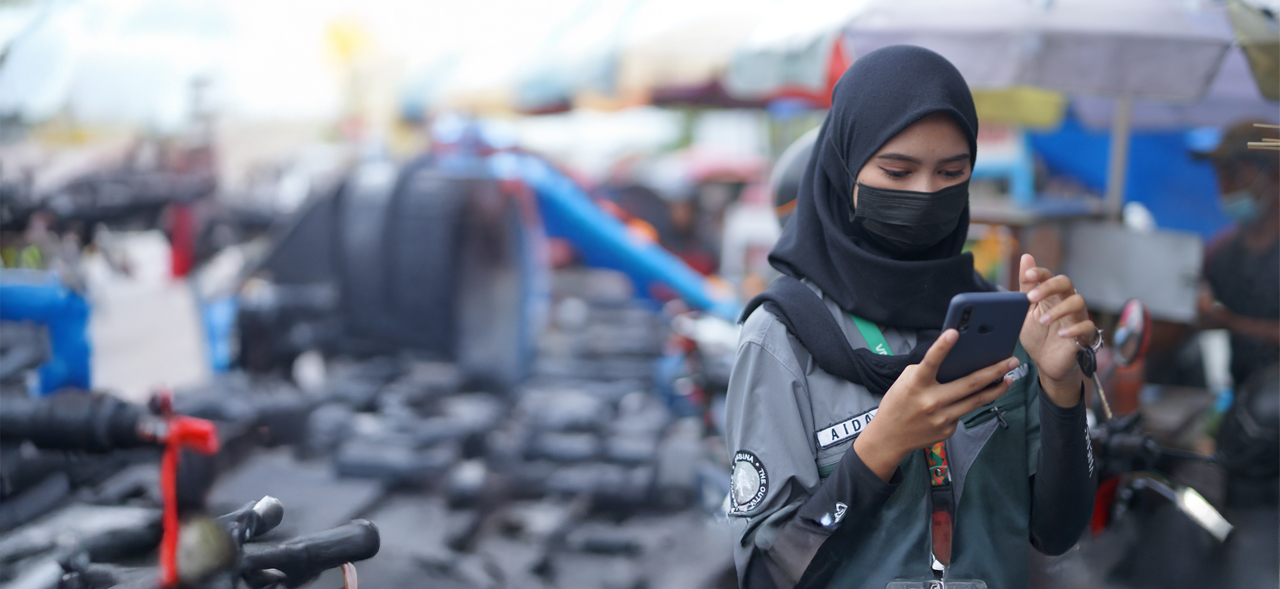
Indonesia has witnessed a rapid expansion of digital financial services (DFS), which brings both new opportunities and emerging risks for consumers. In response, the Financial Services Authority of Indonesia (OJK) prioritized the need to enhance its supervisory capacity and consumer protection mechanisms. The goal was to build a more agile, responsive, and resilient regulatory environment that could keep pace with technological innovation and evolving market dynamics.
MSC worked alongside OJK to support the development of a forward-looking RegTech and SupTech strategy. This involved a series of stakeholder consultations to gather insights on regulatory challenges and user needs. MSC conducted a detailed analysis of consumer complaint trends to identify systemic issues and inform the design of appropriate digital tools. Based on these insights, MSC developed the terms of reference for key consumer support technologies. As part of its technical assistance, MSC implemented two critical innovations: A cloud-based sentiment analysis platform that enables OJK to monitor and assess public sentiment in real time, and an on-premise chatbot integrated into OJK’s official website to provide consumer education, manage inquiries, and assist with complaint resolution.
These tech-driven solutions have significantly strengthened OJK’s ability to respond to consumer concerns more swiftly and effectively. By enabling real-time data analysis and automating consumer support functions, the innovations introduced by MSC have enhanced regulatory oversight and promoted responsible digital finance practices. The project marked a pivotal step in building a consumer-centric and future-ready regulatory ecosystem in Indonesia’s rapidly evolving financial landscape.
This project was commissioned by the Gates Foundation.
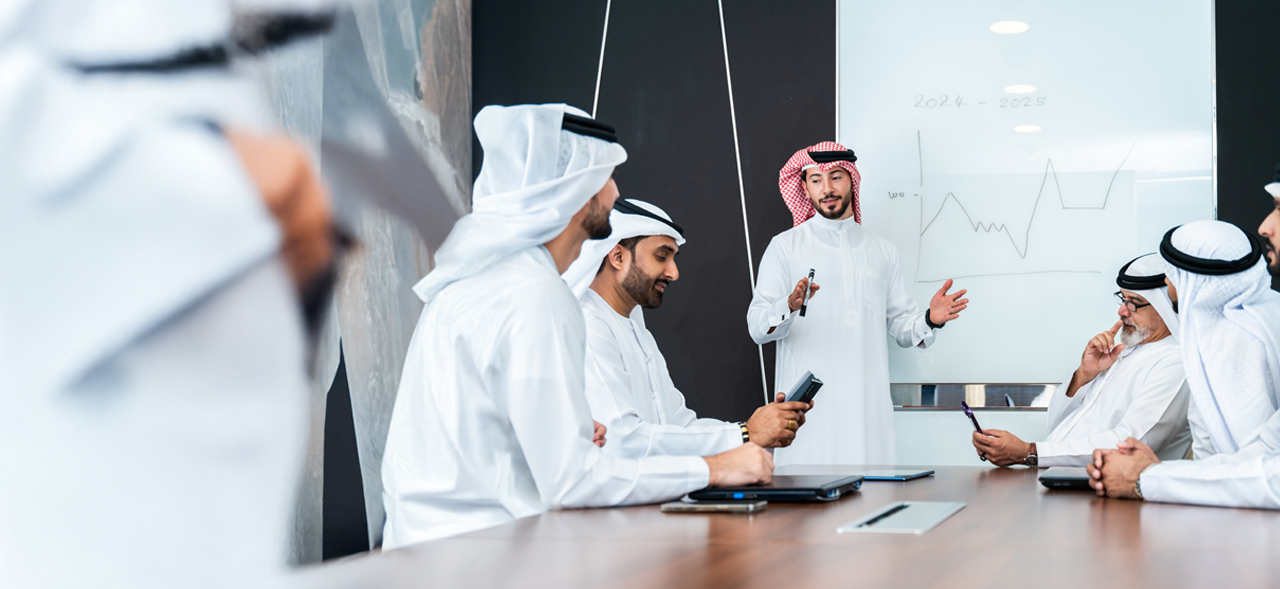
Qatar’s renewed focus on inclusive economic growth highlighted an urgent need to expand access to quality financial services for underserved people and businesses. To lead this agenda, the Qatar Central Bank (QCB) set out to design the country’s first National Financial Inclusion and Literacy Strategy and required evidence-based insights to guide policy, regulation, and market action.
MSC partnered with QCB to deliver a comprehensive, data-driven roadmap. We began with a nationwide survey which captured demand- and supply-side perspectives across retail, SME, and insurance segments, to diagnose gaps in access, usage, and financial capability. Using these insights, MSC cocreated a strategic framework that:
- Pinpoints systemic barriers to inclusion;
- Defines measurable targets for product diversification and outreach;
- Sets clear roles for public- and private-sector stakeholders.
MSC then worked closely with QCB’s financial inclusion committee to translate the strategy into a phased implementation program, complete with governance structures, monitoring indicators, and communications plans to build public awareness and trust.
The resulting strategy positions Qatar’s financial sector to serve all segments of society while it also reinforces macro-financial stability. By aligning regulatory reforms, market incentives, and consumer education, the roadmap unlocks new pathways for inclusive growth and economic resilience.





